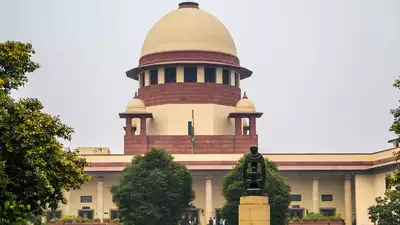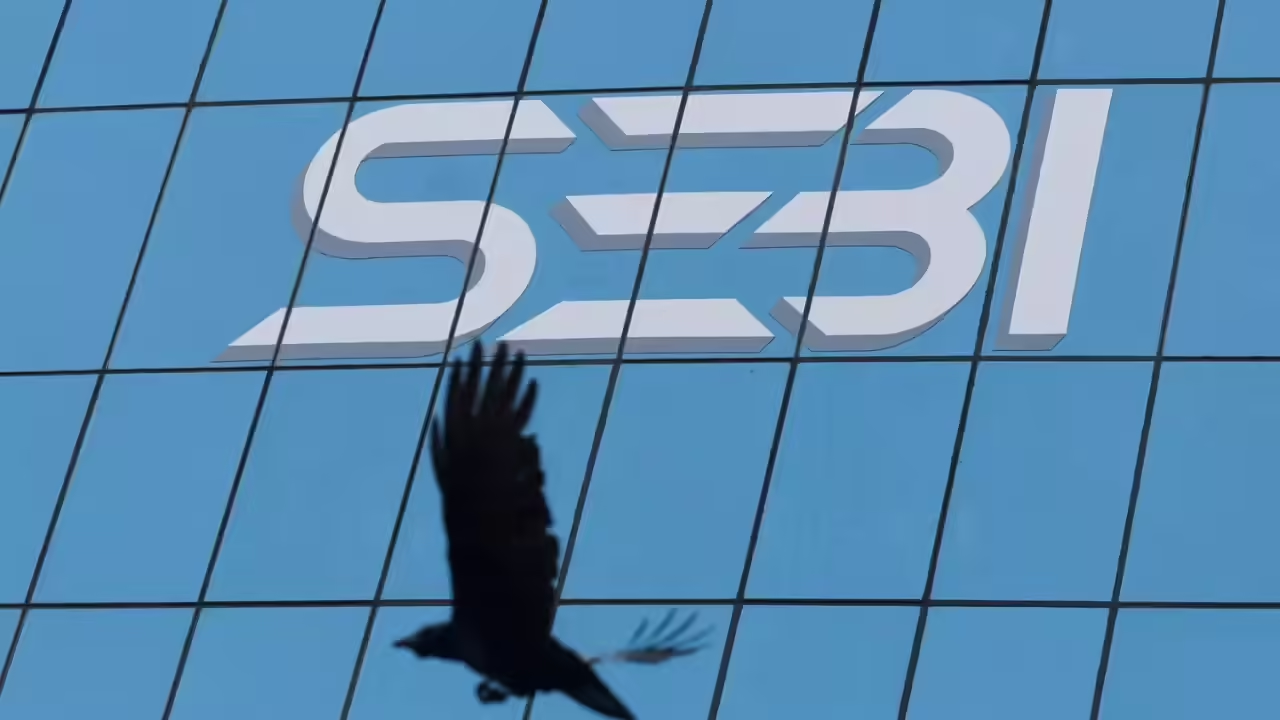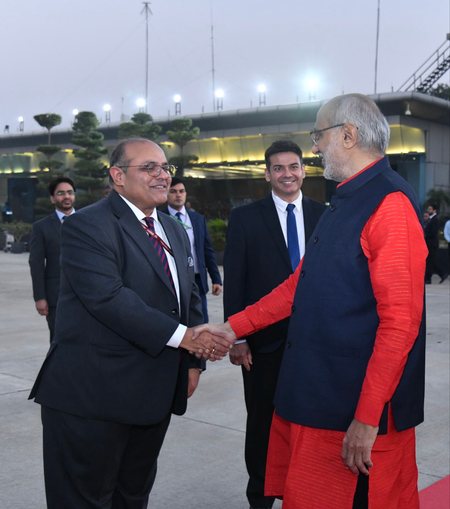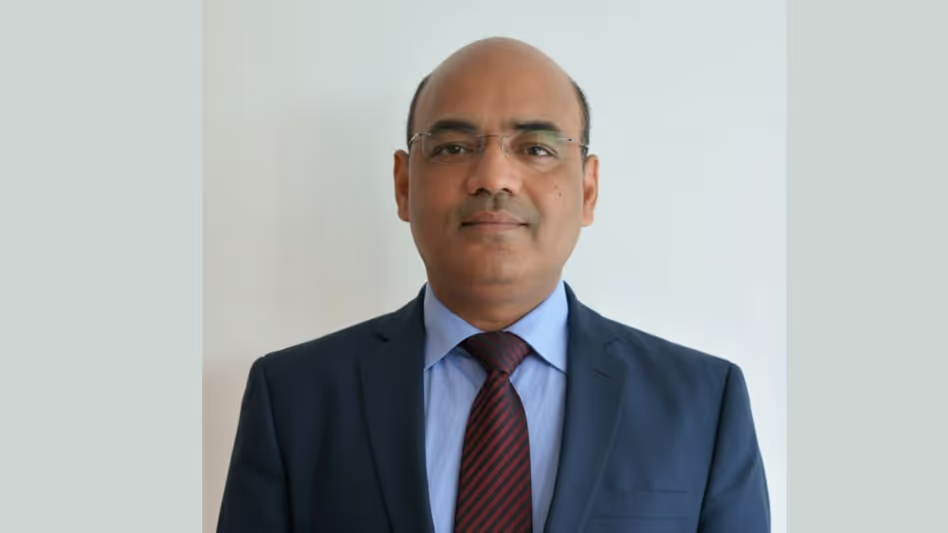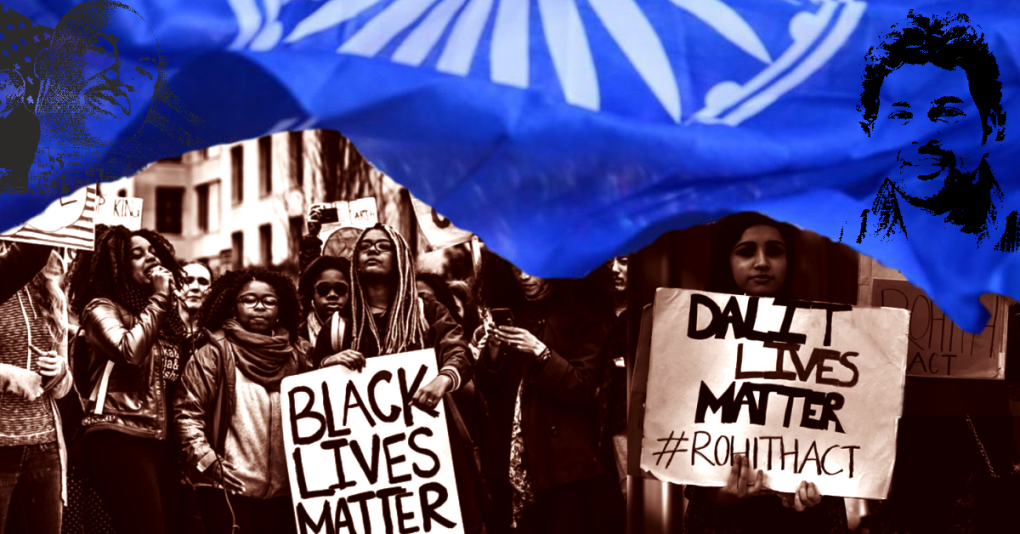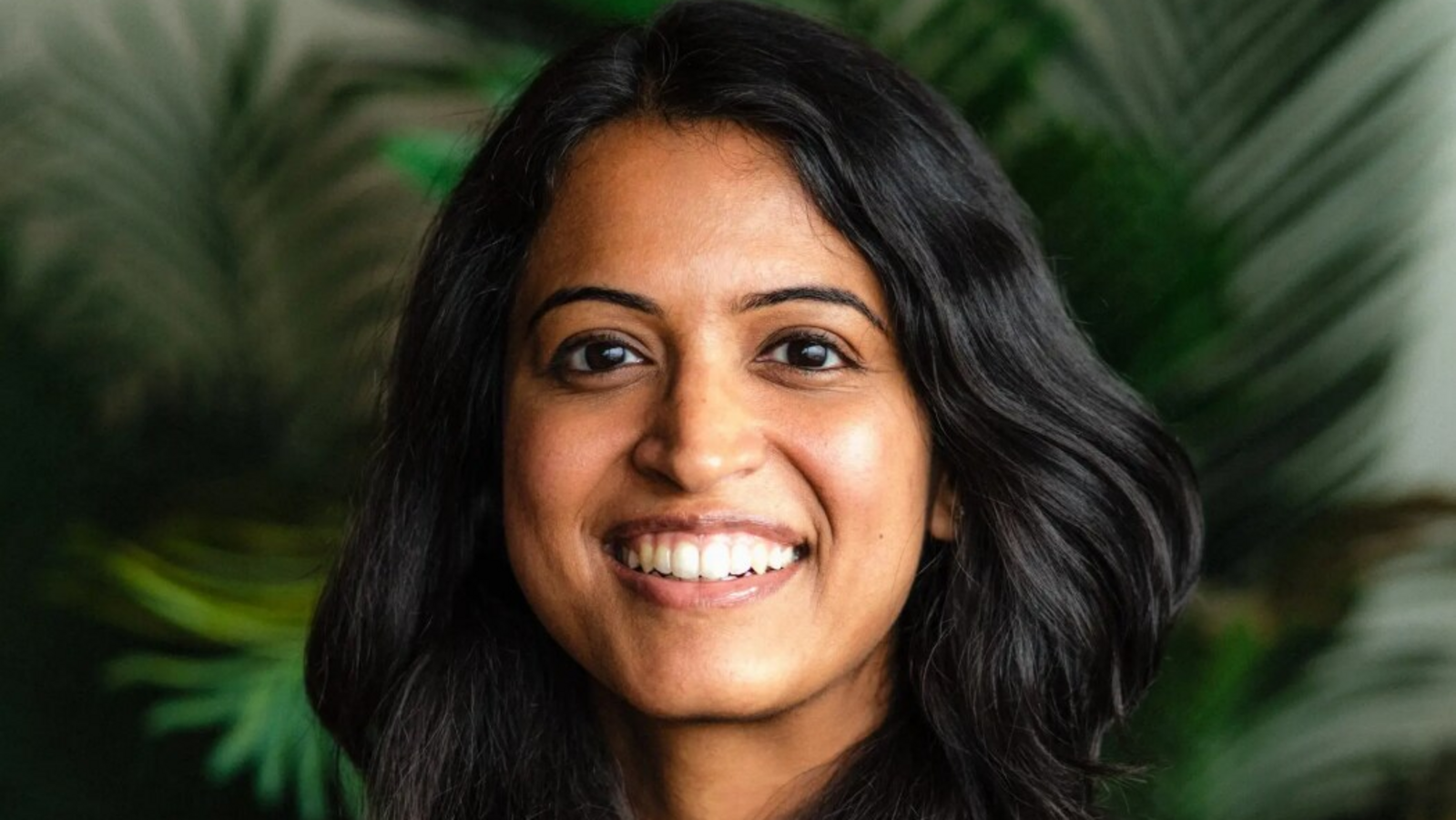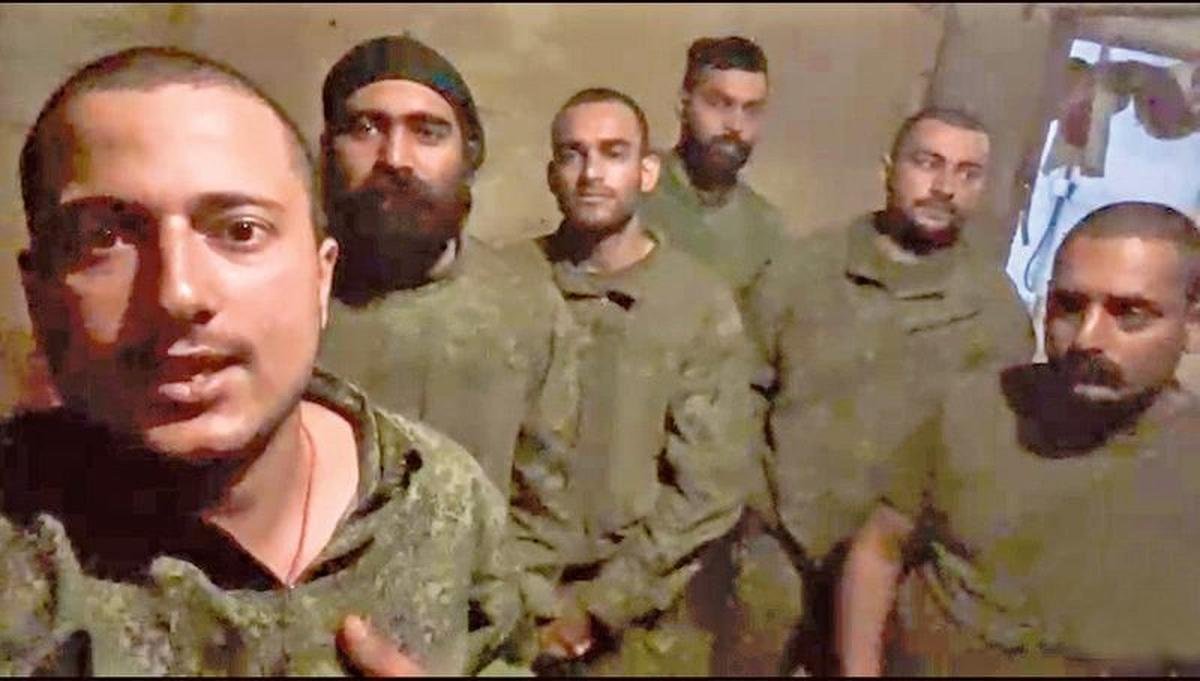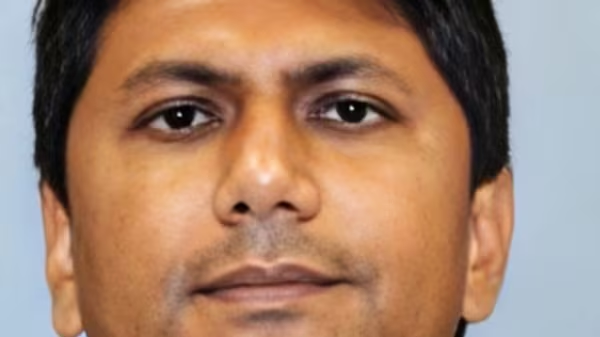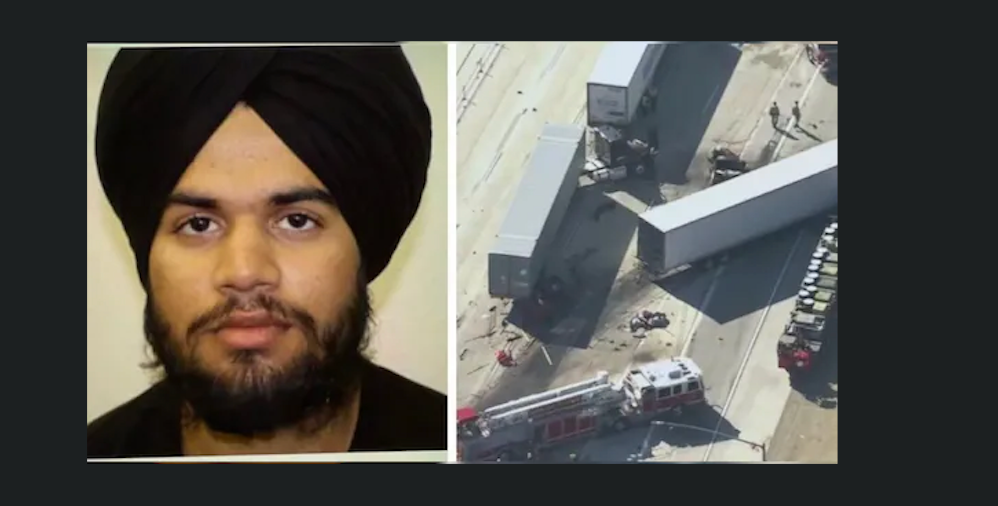The outcome of this case could have significant implications for the classification of OCIs in India’s education system, particularly in medical and engineering admissions
The Supreme Court of India has agreed to hear a challenge to the government’s circular classifying Overseas Citizens of India (OCI) as Non-Resident Indians (NRI) for the purposes of medical and engineering admissions. On September 30, the court acknowledged the petition submitted by an OCI applicant contesting the circular, which bars OCI students from applying under the general category for entrance exams like NEET and JEE, reported livelaw.in.
A bench led by Chief Justice DY Chandrachud, along with Justices JB Pardiwala and Manoj Misra, is overseeing the case. The petition challenges the Punjab and Haryana High Court’s previous decision to uphold the government’s March 2021 circular, which restricts OCI students to NRI or supernumerary seats, excluding them from seats reserved for Indian citizens.
In a related development from February 2023, the Supreme Court had ruled that the 2021 circular would only apply prospectively from the date of its issuance, meaning OCI students who had already gained certain rights and privileges before March 2021 could retain them. This ruling came in response to several petitions filed by OCI students contesting the notification.
Senior Advocate Mukul Rohatgi, representing the petitioner, highlighted that the applicant, an OCI, would ordinarily qualify for the 85% general category quota under the State of Punjab. However, the Ministry of Home Affairs’ circular prevents OCI students from applying under this category, leaving them with the costlier option of NRI seats. Rohatgi emphasized that NRI fees can go as high as $110,000, compared to ₹9 lakh under the general category.
Rohatgi also argued that the petitioner’s father, being a gallantry award recipient, qualifies the student for a 1% quota within the general category in Punjab, but the circular nullifies this eligibility. Describing the situation as a “comedy of errors,” he criticized the High Court’s refusal to intervene out of concern for other applicants.
Chief Justice Chandrachud acknowledged the importance of the case, particularly the petitioner’s unique qualification due to his father’s gallantry award. The court agreed to issue a notice, signaling its intent to examine the matter further.
***********************************************************
Readers
These are extraordinary times. All of us have to rely on high-impact, trustworthy journalism. And this is especially true of the Indian Diaspora. Members of the Indian community overseas cannot be fed with inaccurate news.
Pravasi Samwad is a venture that has no shareholders. It is the result of an impassioned initiative of a handful of Indian journalists spread around the world. We have taken a small step forward with the pledge to provide news with accuracy, free from political and commercial influence. Our aim is to keep you, our readers, informed about developments at ‘home’ and across the world that affect you.
Please help us to keep our journalism independent and free.
In these difficult times, running a news website requires finances. While every contribution, big or small, will make a difference, we request our readers to put us in touch with advertisers worldwide. It will be a great help.
For more information: pravasisamwad00@gmail.com

